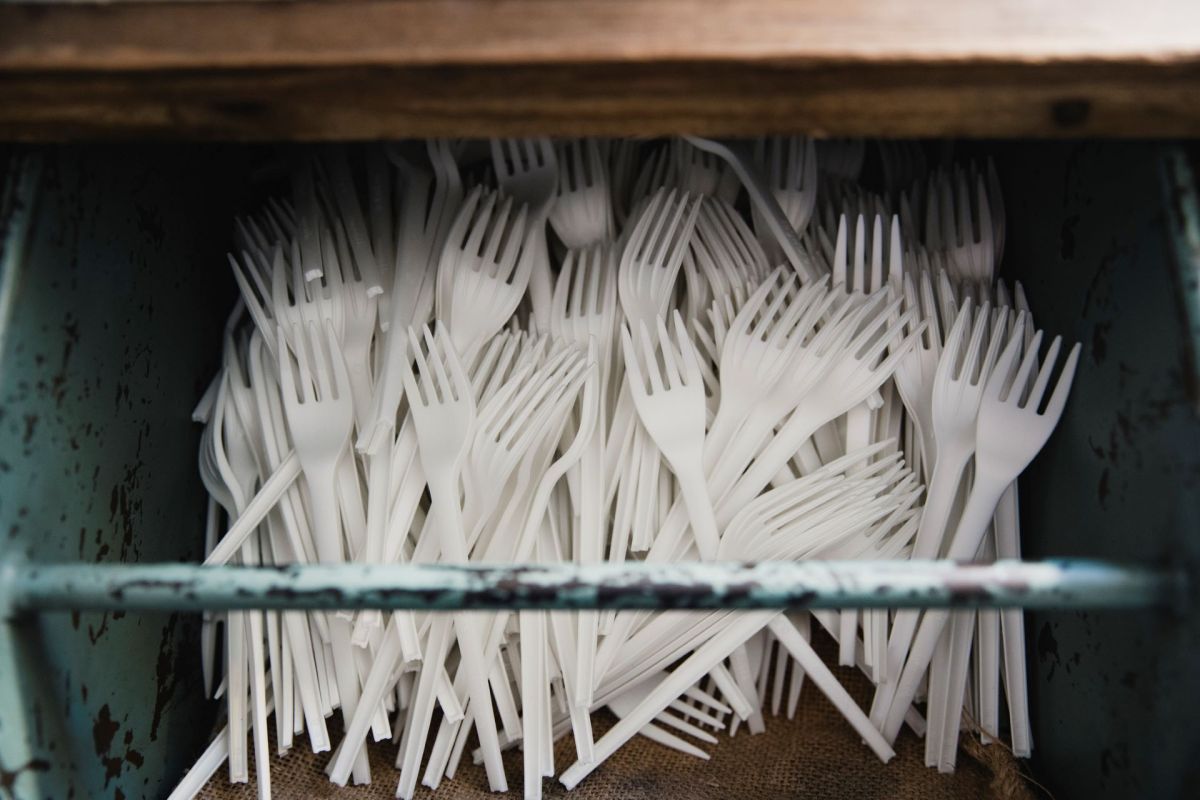If a Boise State plastic-alternative breakthrough proves scalable, it could add to the work orders for Elmer's, Gorilla Glue, and Loctite.
That's because university researchers are developing a superglue-based plastic that they claim is easy and cheap to make. Better yet, the product includes no dirty oil, including from the superglue source itself, according to an article on the development from Freethink.
It started when Boise graduate student Allison Christy started working with plastics during an internship at NASA and developed her interest in sustainability. At Boise, she and Professor Scott Phillips began experimenting with super glue, unlocking a surprising possibility, per a university story on the work.
By mixing a couple of substances, including acetone, with the glue, the researchers were able to change the molecular structure that makes it sticky. They also created better binding materials in the concoction, which solidified into a shapeable, plastic-like material, Freethink reports.
In their scientific paper, the researchers said that the superglue compound they were using, ethyl cyanoacrylate, is one made without a dirty oil source: "[It is] produced on the ton scale from methanol, chloroacetic acid, and sodium cyanide, which themselves are sourced from hydrogen, nitrogen, methane, carbon monoxide, chlorine, and sodium hydroxide (i.e., none are generated from petroleum)."
The Boise researchers said the solid, glassy result is perfect for cutlery, cups, and packaging.
"In our lab, we can easily produce up to 10 pounds of this material in a matter of days and turn it into usable products," Phillips and Christy said in the co-written article published by Freethink.
Adding heat after the material dried made it stronger. Heat (410 degrees Fahrenheit) can also be used to break the material back down into core components that can be reformed into new products — what the researchers envision as a closed-loop recycling process, according to the Boise report. The researchers wrote for Freethink that the reuse efficiency is greater than 90%.
Easy recyclability is a big win, too. Despite the common circular-arrow symbols, bins, and messaging encouraging recycling, just 9% of all the plastic created since it started being churned out in the middle of the last century has been reused, according to the Plastic Pollution Coalition.
The coalition reports that humans are making about 441 million tons of plastic a year, most of it including oil or natural gas, per the United States Energy Information Administration.
That's why the Boise blueprint for better plastic could be a breakthrough for cleaning up the planet, as plastic pollution is in nearly every part of our world.
So far, the researchers have had success with one type of plastic; the goal is to expand the application of their superglue method to other kinds.
"Our team is now designing superglue-based plastics with properties that resemble other kinds of commodity plastics, while still being easy to produce and recycle," Christy and Phillips wrote for Freethink.
Join our free newsletter for weekly updates on the coolest innovations improving our lives and saving our planet.









